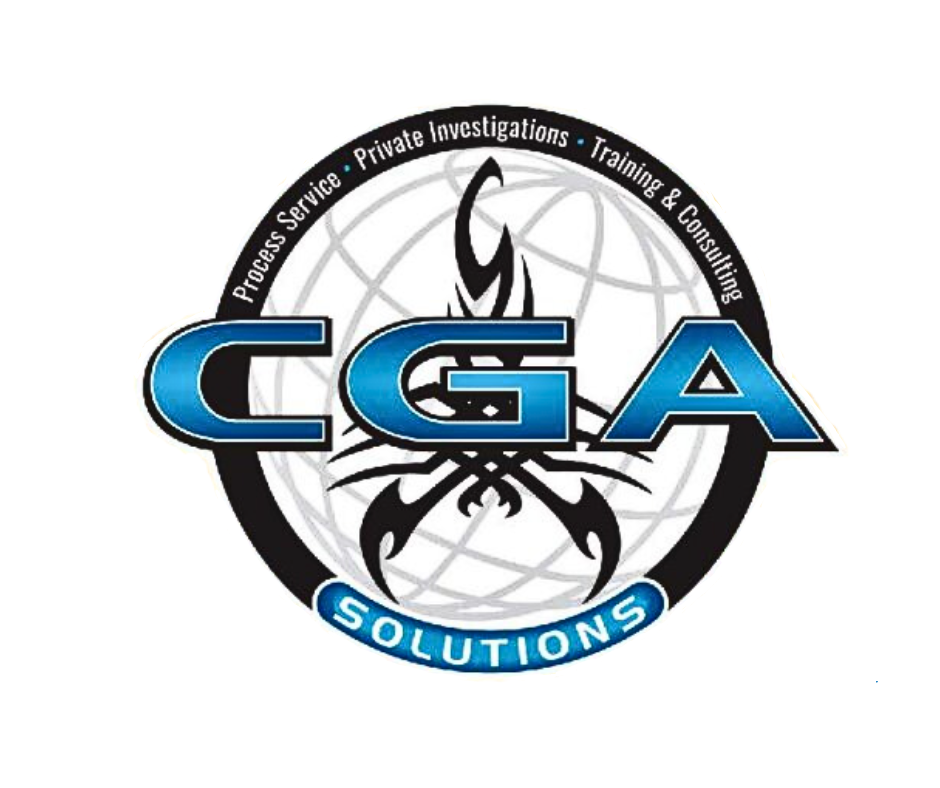Background Checks Vs Background Investigations: The Importance Of Due Diligence
BY: J ALEXANDER CHILTON, LPI, CAP
For nearly two decades, I’ve been dedicated to clarifying the distinction between a background check and a background investigation. Many times I have been accused of parsing words. However, it’s important to note that the real issue lies with those who struggle to understand the nuances.
To put it plainly, background checks only verify information provided by a person that is contained within the four corners of an application, resume or other documents. A background investigation typically not only verifies the same information, but should go steps father to develop and vet new information to provide a pattern of life.
What Do Background Checks Show?
Most background checks only search records in the county in which the subject currently lives. Many times this will not include an arrest history, non-adjudicated matters, and contacts with police or civil filings. Presentation of the listed records are typically not allowed within the parameter of most background checks.
However, in most instances, this information will not only be discovered but disclosed as part of a background investigation. Because remember, background investigations should not stop at the first source of information but should continue on to secondary and even tertiary sources as well. The more facts you know, the better protected your business will be.
The Downside Of Only Conducting A Background Check
Home repair and construction contractors can change names like you change underwear. When checking for reputation, most home repair websites declare that they “Background Check” their contractors. But in many instances, they don’t check against the contractor’s real name – they only check against the company name.
More fraudulent home repair contractors will operate under multiple business names at one time. Now, I have to ask, what exactly are the home repair websites checking against? Court records? Criminal records? Business license records? What about code enforcement, permits and inspection records?
Most of the time, you can’t check these records through a web-based search because there is no central repository. So again, what are they checking against? What about a criminal records search on the contractor’s employees or subcontractors for that matter? Who is really coming into your home or place of business? What are their real credentials?
The same can be said for home health and nursing home care. MOST of these places will do background checks that consist of an application/ resume process along with some type of criminal history check and some type of reference check. However, in reality, there is no character assessment.
This is especially true with elder care. Patient abuse in nursing homes and in home health care settings is rampant throughout the country. How? The employees are not fully vetted and are able to cheat the system. Again, I cannot stress enough about the importance of a thorough background investigation.
[RELATED: Georgia Elder Care Background Check Laws]
What About Criminal Background Checks?
Most places that require you to “pass a criminal background check” 9 times out of 10 will send the applicant to the local police station. The applicant will show their ID to an overworked records clerk, who has no real training in detecting fake IDs. The background check will be done based solely on the information contained on the ID. This is how criminals and fraudsters are able to cheat the system, which can negatively affect your business and your customers.
There is typically no fingerprint verification done which extrapolates to no Identity verification and no REAL national criminal records search. Typically this type of criminal records search only leads to a local criminal history and at best a statewide arrest and conviction history. But in most instance, it is the latter of the two.
Many times, employers will pull consumer credit reports as a way of determining character and morals of an applicant. This is not a great way of conducting a character assessment.
Let me say this: I personally know people who have extremely high credit scores and live in high-end neighborhoods and own half million to million dollar homes but I wouldn’t let them watch my dog.
Background Check Vs. Background Investigation
So again, I go back to the processes of a background investigation versus a background check. Typically with a background check, you only get an opportunity to verify against information provided by the applicant. In a background investigation, you not only verify against known or provide information but you also go steps further by developing and vetting new information for a global view of the subject with a goal of developing a pattern of life as opposed to fluff that is contained in the application or resume.
When You Should Conduct A Background Investigation
A good background investigation process should be considered an integral part of operational due diligence for any size business with the purpose of protecting your business from damaging internal losses to negligent hiring and retention litigation.
For the consumer, it’s added peace of mind knowing you have done all you can to protect yourself from being fraudulently separated from your money or allowing a vulnerable family member to be taken advantage, or in worst case scenario physically assaulted by a less than scrupulous person.
Where background investigation by design are more encompassing and thorough, a background investigation is still not a catch-all. Nothing is perfect, but the processes of a background investigation should give you a global look into someone’s background so you can make BETTER informed decisions in the instant and future.






